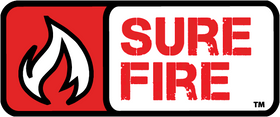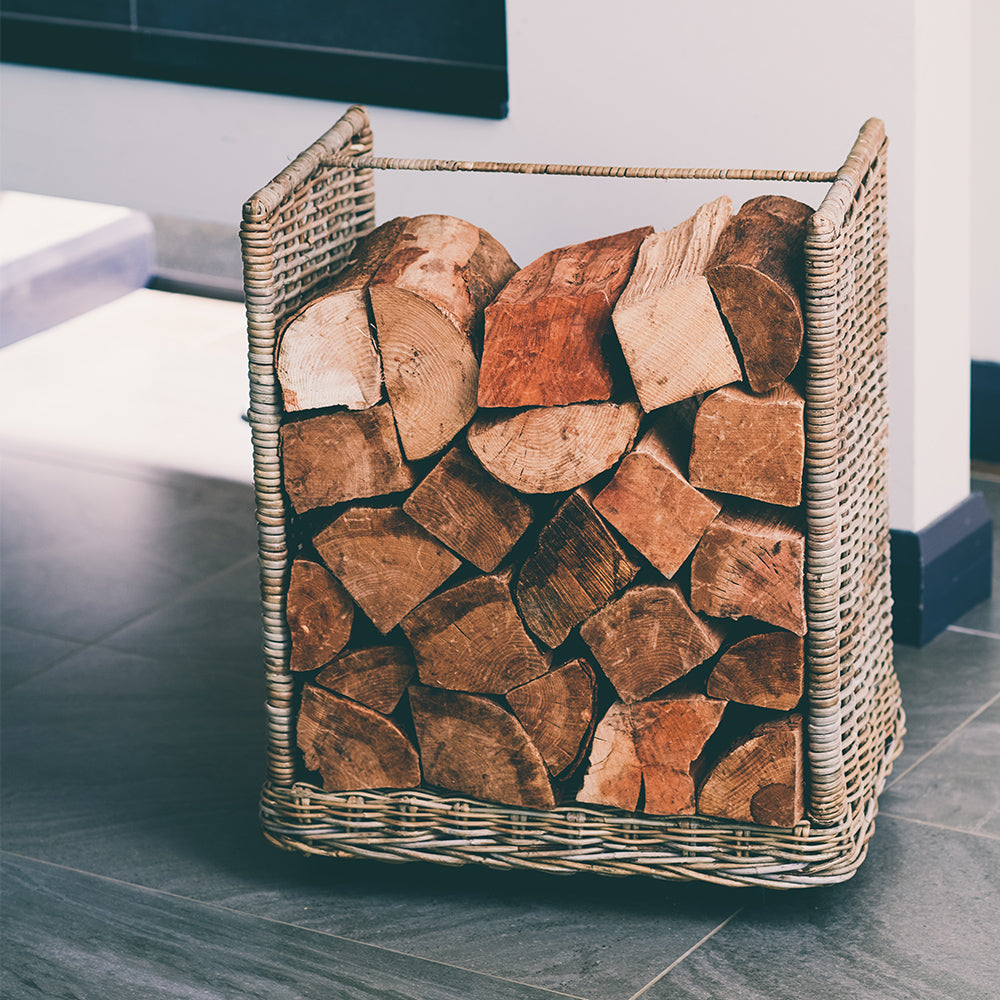Wet Firewood Ban
Bags of wet logs which are often sold in supermarkets, DIY stores, garden centres and filling stations are to be banned from 2021 in England.
It is not banning kiln dried wood or coal burning stoves.
Sales of the two most polluting fuels will be phased out in England to help cut air pollution, the government says, with cleaner alternatives promoted instead.
Cosy open fires and wood-burning stoves are at the heart of many homes up and down the country, however, poor education about the use of certain fuels means that they can also be the biggest source of the most harmful pollutant that is affecting people in the UK.
The changes will mean:
- Sales of bagged traditional house coal will be phased out by February 2021, and the sale of loose house coal direct to customers will end by 2023
- Sales of wet wood in small units (less than 2m cube) will be phased out from February 2021. Wet wood in volumes greater than 2m cube will also have to be sold with advice on how to dry it before burning
- Makers of solid fuels will also need to show they have a very low sulphur content and only emit a small amount of smoke.
Similar proposals to reduce the burning of wet wood and coal are being considered in Northern Ireland, Scotland and Wales.
How is the Government going to enforce the new legislation?
Smoke caused from burning wet wood can trigger conditions like asthma, however, the government is going to have a difficult job preventing people collecting cut trees or fallen branches for their burner while it's unlikely that local councils will prioritise inspections of garage forecourts. What's more, there's nothing to stop you burning tree cuttings from your home without drying them. There are no powers to inspect homes, so any rules on the use of wet wood cannot be enforced.
What is wet and dry firewood?
Wet - also known as green or unseasoned wood - is often sold in nets and is cheaper to buy. It contains moisture which, when burned, creates more smoke and harmful particles of air pollution than dry wood. Wet wood can also damage chimneys much more, by allowing tar and soot to build up.
Dry or seasoned wood - which has been dried out, often in a kiln - has a moisture content of 20% or less. Officials said the phase-out will give the public and suppliers time to use up stocks and move to cleaner alternatives, such as dry wood and manufactured solid fuels. These alternatives produce less smoke and pollution, and are cheaper and more efficient to burn, the government added. Kiln Dried Firewood, Wood Pellets and Wood briquettes, made from compressed dry sawdust and/or wood chips, are some examples of alternative fuel.

